Against Stereotypes: Being a Woman, a Scientist, and a Poet (Eng/Esp)
Some people believe that life fits into a single label—that if you're a doctor, you can't possibly be an artist; if you're a scientist, there's no room for sensitivity; if you spend hours reviewing medical records, you shouldn't have the time or the right to carry a pen and a poetry notebook in the pocket of your lab coat.
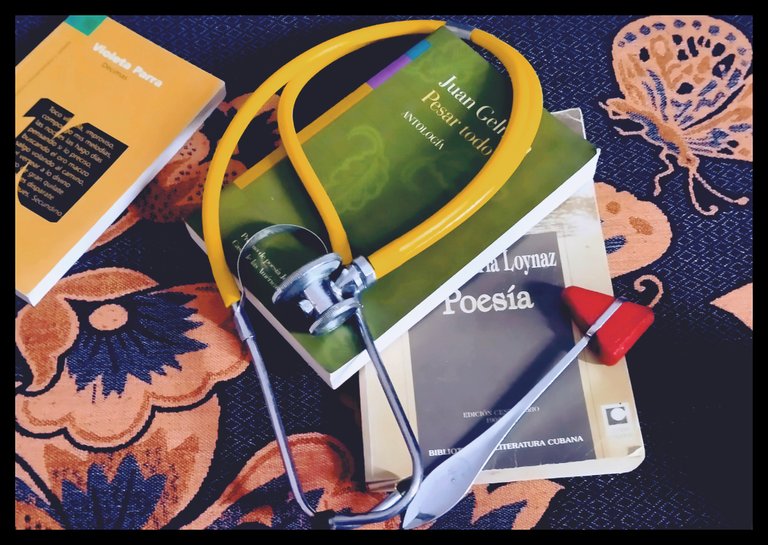
And then here I come—a neurologist and a poet—going from an exhausting shift to a poetry reading, transitioning from a morning full of diagnoses to an afternoon of literary gatherings. Though some may not understand, both voices—the one of science and the one of verse—are mine, equally legitimate, equally necessary.
Today, I come to you to share the challenges of being a woman, a professional, and a writer who daily faces judging stares and prejudices that weigh heavier than any recognition.
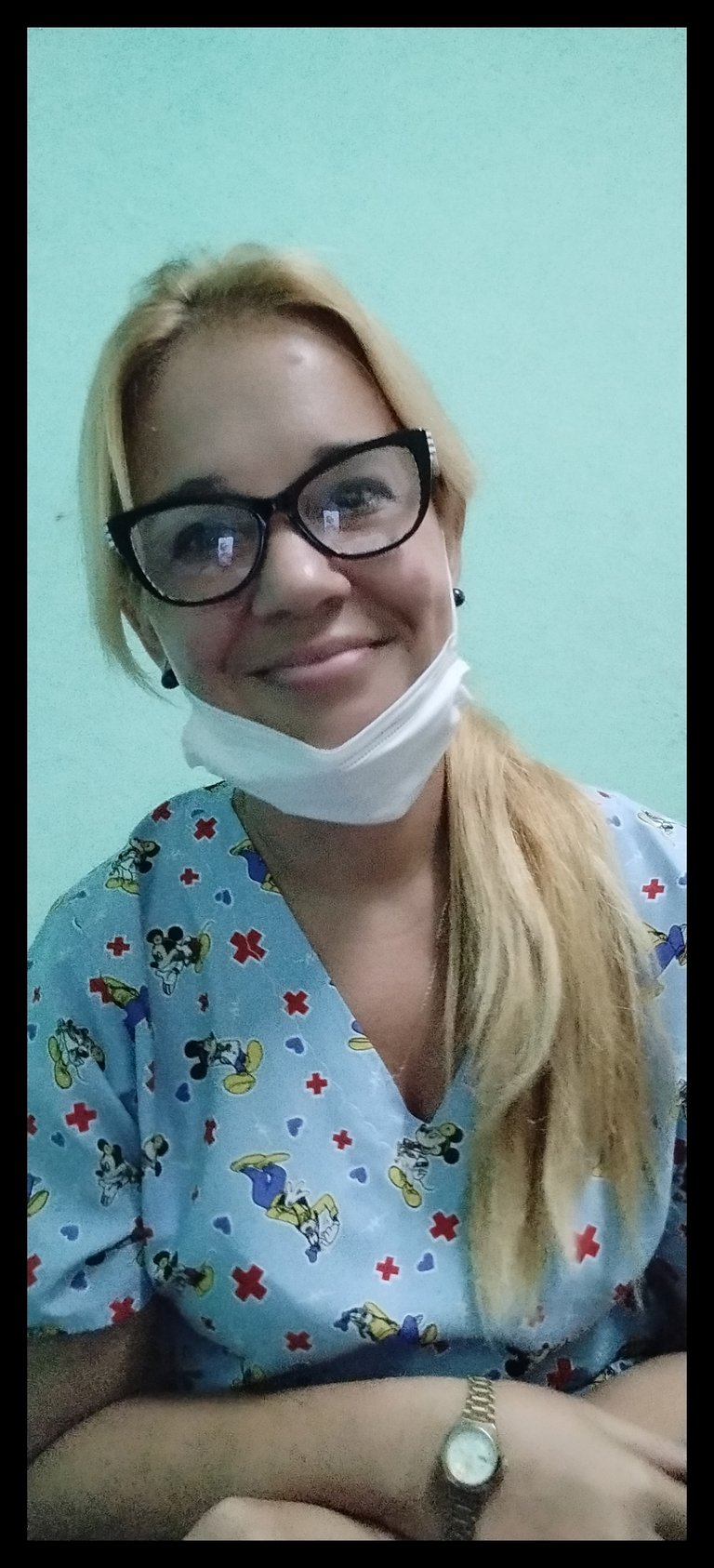
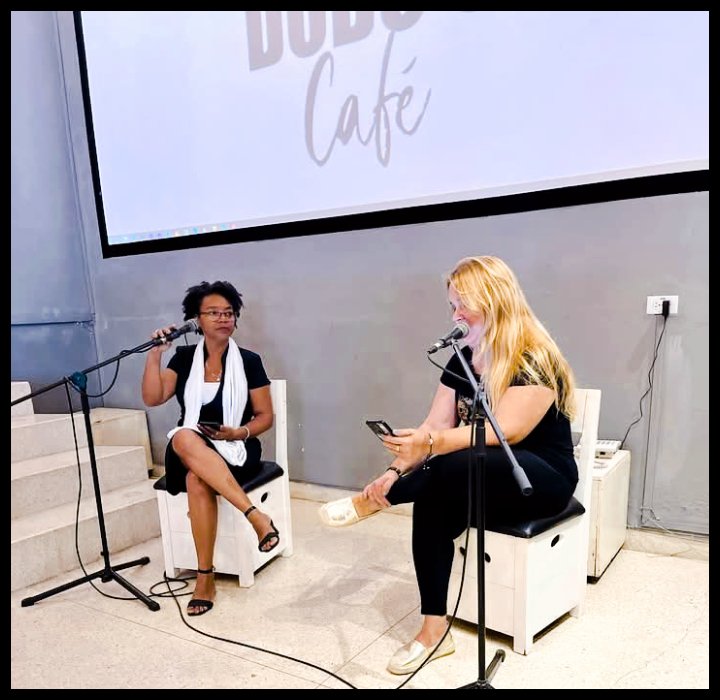
The first reaction is usually the same: "You write? Seriously?" And then comes: "When do you even have time?" (as if creativity were a luxury and not a vital pulse). Sometimes, the most uncomfortable question—often disguised—is: "Don’t you think poetry is… too frivolous for someone like you?"
Because, of course, a woman in medicine—especially in neurology, a historically male-dominated specialty—should be content with the prestige of her title. She should leave art to others, to those who don’t have a "serious" career, as if the brain that studies synapses couldn’t also burn with metaphors.
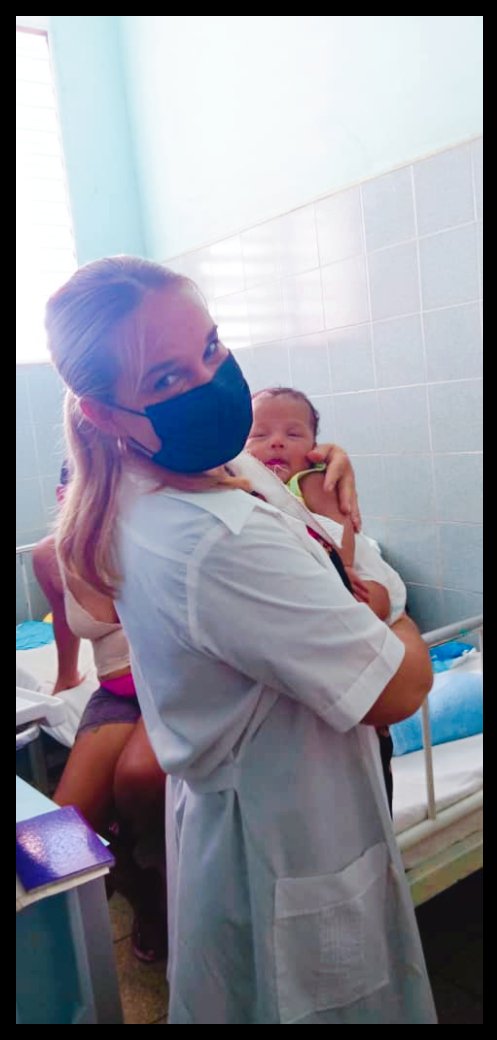
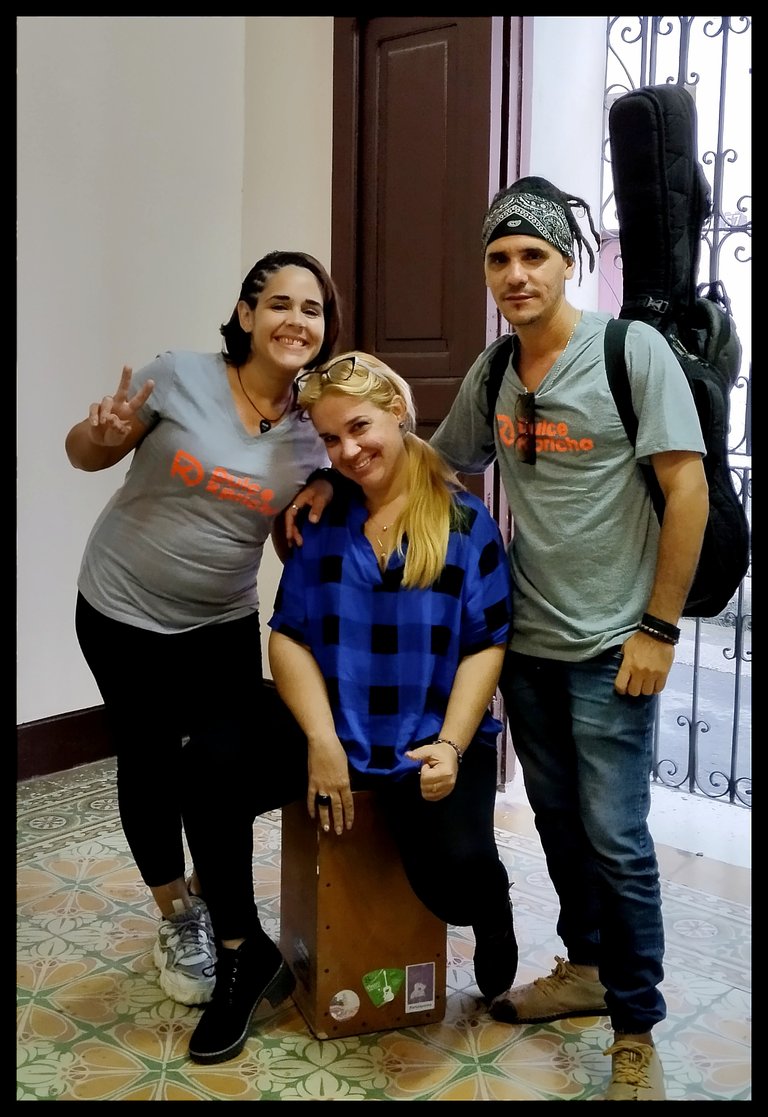
Writing poetry is baring your soul, and when you're a professional making critical decisions—like diagnoses and treatments—some interpret that sensitivity as a lack of rigor. Then come the doubts: "How can you cry over a poem when you see so much suffering in the hospital? Aren’t you worried people will take you less seriously?" There it is—the eternal fear women face of not being professional enough.
If only they knew that poetry doesn’t strip me of authority—it gives me humanity.
There’s no romanticism here: writing isn’t divine inspiration under the moonlight, but lines scribbled between consultations, verses born on the go, sleepless nights because a poem won’t leave you in peace. Poetry doesn’t wait—it arrives in the middle of a medical meeting, and I have to jot it down quickly among my medication notes.
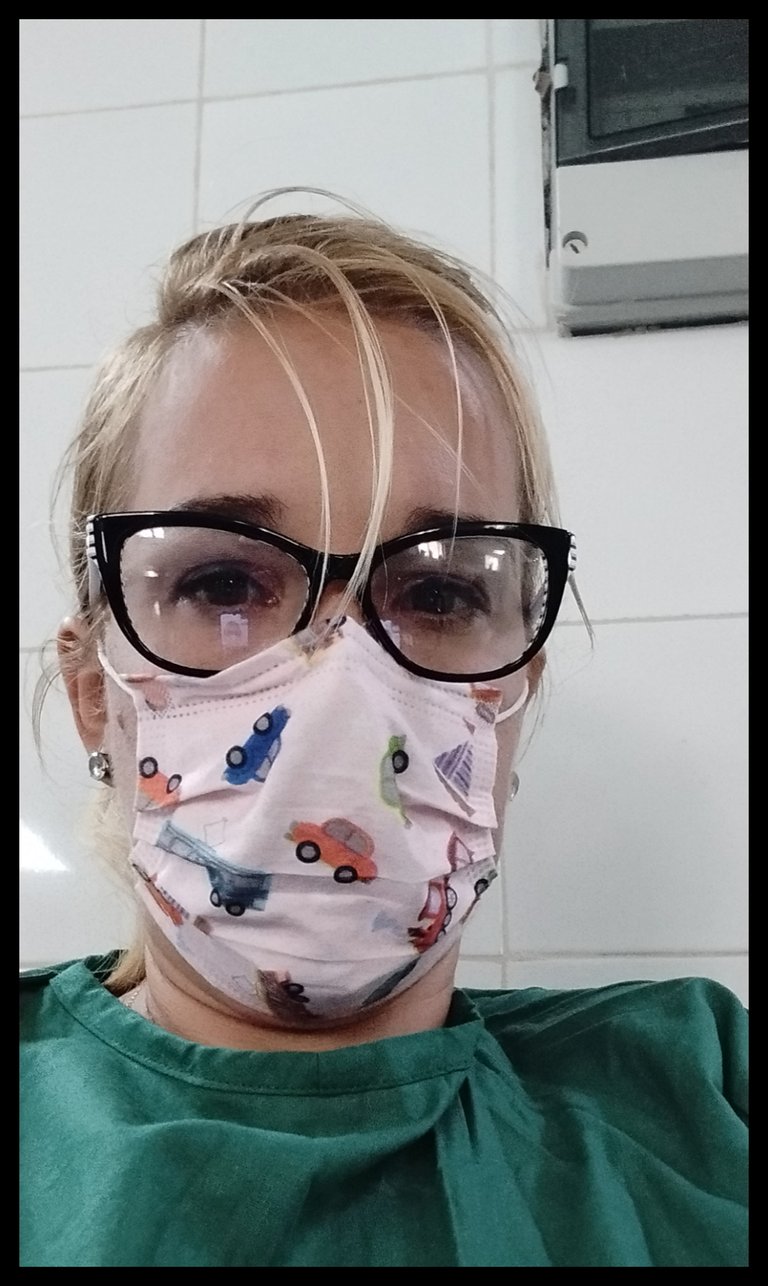
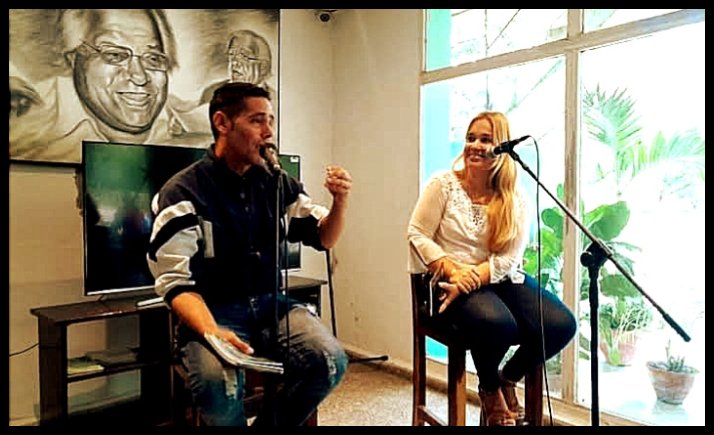
Poetry festivals, open mics, book readings, and launches don’t get canceled just because you’re on call. So you learn to swap your lab coat for a dress in five minutes, to arrive late but still arrive. It’s exhausting, but it’s also an act of rebellion—against the idea that a woman’s time must be linear, predictable, always in service of productivity.
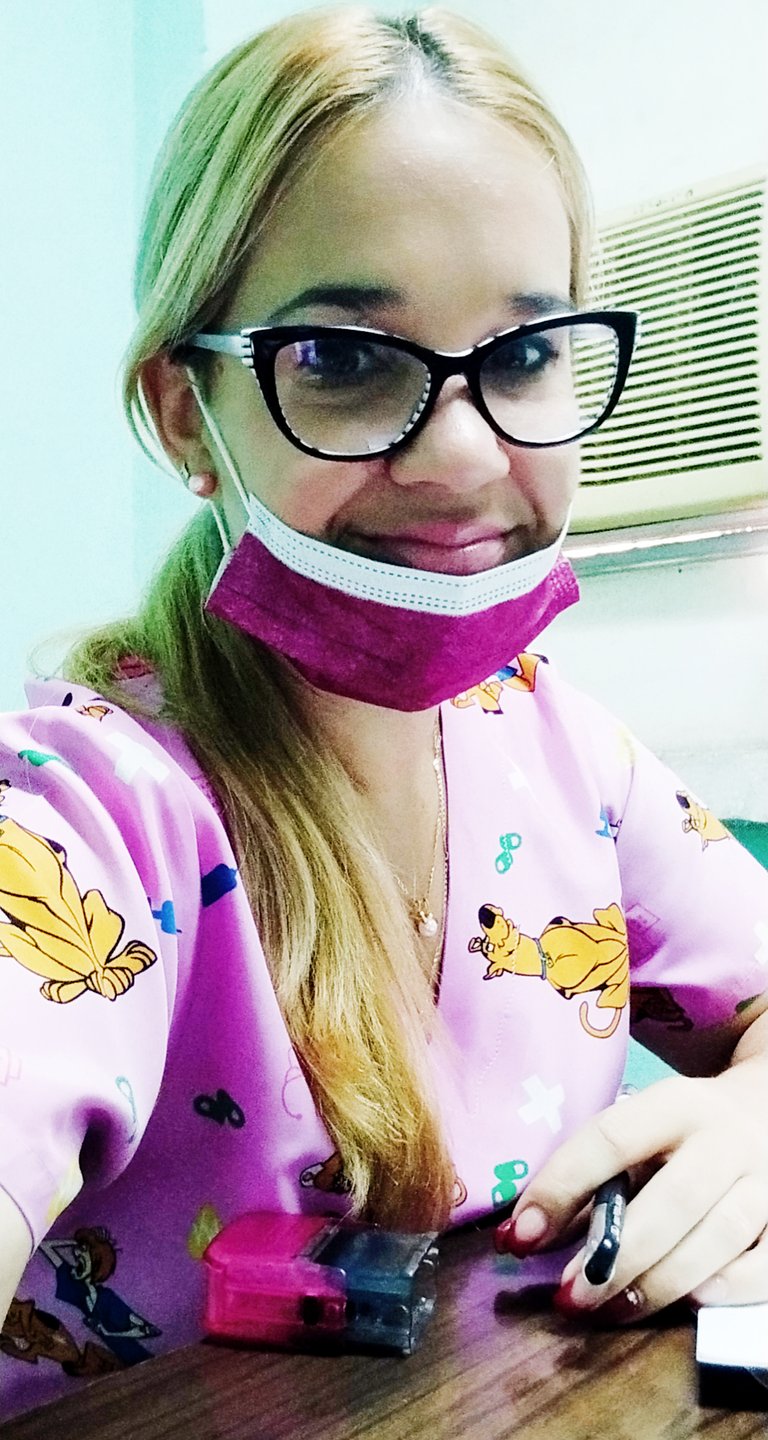
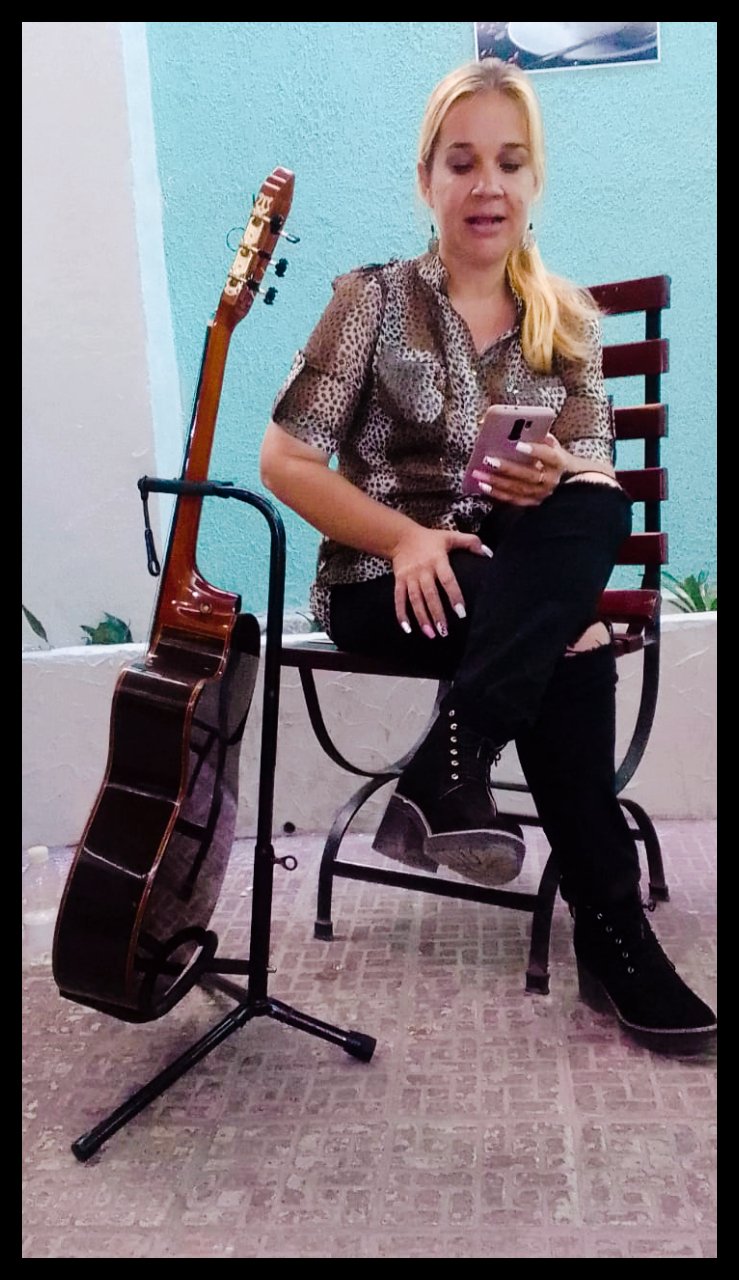
What do I lose? Perhaps unanimous recognition, because some colleagues will never understand this isn’t just a hobby. Maybe comfort, because it would be easier to choose just one path.
What do I gain? The freedom to be whole and the certainty that art saves—them and me.
As a neurologist and poet, whenever someone looks at me skeptically, I remember that women have always had to carve out spaces where we don’t fit—because in the end, medicine heals the body, but poetry heals the soul, and we deserve to practice both kinds of medicine.
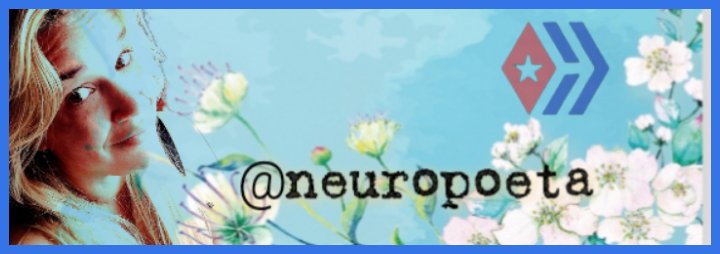
✨ 𝑻𝒉𝒂𝒏𝒌𝒔 𝒇𝒐𝒓 𝒓𝒆𝒂𝒅𝒊𝒏𝒈! ✨
𝑰𝒇 𝒚𝒐𝒖 𝒅𝒐𝒏’𝒕 𝒌𝒏𝒐𝒘 𝒎𝒆 𝒚𝒆𝒕—𝑰’𝒎 𝒂 𝑪𝒖𝒃𝒂𝒏 𝒏𝒆𝒖𝒓𝒐𝒍𝒐𝒈𝒊𝒔𝒕 𝒂𝒏𝒅 𝒘𝒓𝒊𝒕𝒆𝒓, 𝒂 𝒎𝒐𝒕𝒉𝒆𝒓, 𝒂 𝒘𝒐𝒎𝒂𝒏, 𝒂𝒏𝒅 𝒂 𝒅𝒓𝒆𝒂𝒎𝒆𝒓 𝒘𝒉𝒐’𝒔 𝒇𝒐𝒖𝒏𝒅 𝒊𝒏 𝑯𝒊𝒗𝒆 𝒂 𝒃𝒆𝒂𝒖𝒕𝒊𝒇𝒖𝒍 𝒔𝒑𝒂𝒄𝒆 𝒕𝒐 𝒔𝒐𝒂𝒓.
𝑨𝒍𝒍 𝒕𝒆𝒙𝒕 𝒂𝒏𝒅 𝒊𝒎𝒂𝒈𝒆𝒔 𝒂𝒓𝒆 𝒎𝒚 𝒐𝒓𝒊𝒈𝒊𝒏𝒂𝒍 𝒄𝒓𝒆𝒂𝒕𝒊𝒐𝒏𝒔, 100% 𝒉𝒖𝒎𝒂𝒏-𝒎𝒂𝒅𝒆 (𝒏𝒐 𝑨𝑰).
𝑩𝒂𝒏𝒏𝒆𝒓 𝒅𝒆𝒔𝒊𝒈𝒏𝒆𝒅 𝒃𝒚 𝑳𝒖𝒎𝒊𝒊.
𝑳𝒐𝒗𝒆𝒅 𝒕𝒉𝒊𝒔 𝒑𝒐𝒔𝒕? 𝑼𝒑𝒗𝒐𝒕𝒆, 𝒄𝒐𝒎𝒎𝒆𝒏𝒕, 𝒐𝒓 𝒓𝒆𝒃𝒍𝒐𝒈 𝒕𝒐 𝒔𝒑𝒓𝒆𝒂𝒅 𝒕𝒉𝒆 𝒘𝒊𝒏𝒈𝒔 𝒐𝒇 𝒄𝒓𝒆𝒂𝒕𝒊𝒗𝒊𝒕𝒚! 💛
VERSIÓN EN ESPAÑOL
Contra los prejuicios: Ser mujer, científica y poeta
Hay quienes creen que la vida cabe en una sola etiqueta y que, si eres médico, es imposible que seas artista; que si eres científica, no hay espacio para la sensibilidad; que si pasas horas frente a historias clínicas, no deberías tener tiempo ni derecho a llevar una pluma y un cuaderno de poesía en el bolsillo de tu bata.

Y entonces vengo yo, que soy neuróloga y poeta, que voy desde una guardia agotadora a un recital de poesía y paso de una mañana llena de diagnósticos a una tarde de tertulia. Aunque algunos no lo entiendan, ambas voces —la de la ciencia y la del verso— son mías, igual de legítimas, igual de necesarias.
Hoy llego a ustedes para contarles los desafíos de ser una mujer, profesional y escritora, que a diario se enfrenta a miradas que juzgan y a prejuicios que pesan más que los reconocimientos.


La primera reacción suele ser la misma: "¿Tú escribes? ¿En serio?". Y luego viene: "¿Y cuándo tienes tiempo?" (como si la creatividad fuera un lujo y no un pulso vital). A veces, la interrogante más incómoda —y que muchas veces viene disfrazada— es: "¿No te parece que la poesía es… poco seria para alguien como tú?"
Porque, claro, una mujer en medicina —especialmente en neurología, una especialidad históricamente masculinizada— debería conformarse con el prestigio del título. Debería dejar el arte para los otros, para los que no tienen una carrera "dura", como si el cerebro que estudia las sinapsis no pudiera también arder en metáforas.


Escribir poesía es exponer el alma, y cuando eres una profesional que toma decisiones críticas —como diagnósticos y tratamientos—, algunos interpretan esa sensibilidad como falta de rigor. Aparecen entonces los cuestionamientos: "¿Cómo vas a llorar con un poema si en el hospital ves tanto sufrimiento? ¿No te preocupa que te vean menos seria?" Ahí surge el miedo eterno de la mujer a no ser suficientemente profesional.
Si supieran ellos que la poesía no me quita autoridad, sino que me da humanidad.
Aquí no hay romanticismo: escribir no es inspiración divina bajo la luna, sino líneas garabateadas entre consultas, versos que nacen en el camino, noches sin dormir porque un poema no te deja en paz. Y es que la poesía no espera y llega en medio de una reunión médica, y debo anotarla rápido entre apuntes de medicamentos.


Los festivales de poesía, las peñas, las lecturas y presentaciones de libros no se suspenden porque tú tengas guardia, y simplemente aprendes a cambiar la bata por un vestido en cinco minutos, a llegar tarde pero llegar. Es agotador, pero también es una rebelión contra la idea de que el tiempo de una mujer debe ser lineal, predecible, siempre al servicio de lo productivo.


¿Qué pierdo? Quizás el reconocimiento unánime, porque algunos colegas nunca entenderán que esto no es un pasatiempo; y tal vez la comodidad, porque sería más fácil elegir un solo camino.
¿Qué gano? Pues gano la libertad de ser completa y la certeza de que el arte salva, a ellos y a mí.
Siendo neuróloga y poeta, cada vez que alguien me mira con escepticismo, recuerdo que las mujeres siempre hemos tenido que inventar espacios donde no caben, porque al final la medicina cura el cuerpo, pero la poesía cura el alma, y nosotras merecemos practicar ambos tipos de medicina.

✨ ¡𝑮𝒓𝒂𝒄𝒊𝒂𝒔 𝒑𝒐𝒓 𝒍𝒆𝒆𝒓! ✨
𝑺𝒊 𝒂ú𝒏 𝒏𝒐 𝒎𝒆 𝒄𝒐𝒏𝒐𝒄𝒆𝒔: 𝒔𝒐𝒚 𝒏𝒆𝒖𝒓ó𝒍𝒐𝒈𝒂 𝒚 𝒆𝒔𝒄𝒓𝒊𝒕𝒐𝒓𝒂 𝒄𝒖𝒃𝒂𝒏𝒂, 𝒎𝒂𝒅𝒓𝒆, 𝒎𝒖𝒋𝒆𝒓 𝒚 𝒔𝒐ñ𝒂𝒅𝒐𝒓𝒂 𝒒𝒖𝒆 𝒆𝒏𝒄𝒐𝒏𝒕𝒓ó 𝒆𝒏 𝑯𝒊𝒗𝒆 𝒖𝒏 𝒉𝒆𝒓𝒎𝒐𝒔𝒐 𝒆𝒔𝒑𝒂𝒄𝒊𝒐 𝒑𝒂𝒓𝒂 𝒗𝒐𝒍𝒂𝒓.
𝑬𝒍 𝒕𝒆𝒙𝒕𝒐 𝒚 𝒍𝒂𝒔 𝒊𝒎á𝒈𝒆𝒏𝒆𝒔 𝒔𝒐𝒏 𝒅𝒆 𝒎𝒊 𝒂𝒖𝒕𝒐𝒓í𝒂, 100% 𝒉𝒖𝒎𝒂𝒏𝒐𝒔 (𝒔𝒊𝒏 𝑰𝑨).
𝑩𝒂𝒏𝒏𝒆𝒓 𝒅𝒊𝒔𝒆ñ𝒂𝒅𝒐 𝒑𝒐𝒓 𝑳𝒖𝒎𝒊𝒊.
¿𝑻𝒆 𝒈𝒖𝒔𝒕ó 𝒆𝒔𝒕𝒂 𝒑𝒖𝒃𝒍𝒊𝒄𝒂𝒄𝒊ó𝒏? 𝑽𝒐𝒕𝒂, 𝒄𝒐𝒎𝒆𝒏𝒕𝒂 𝒐 𝒓𝒆𝒃𝒍𝒐𝒈𝒖𝒆𝒂 𝒑𝒂𝒓𝒂 𝒂𝒚𝒖𝒅𝒂𝒓 𝒂 𝒅𝒆𝒔𝒑𝒍𝒆𝒈𝒂𝒓 𝒆𝒔𝒕𝒂𝒔 𝒂𝒍𝒂𝒔. 💛
View or trade
LOHtokens.@neuropoeta, You have received 1.0000 LOH for posting to Ladies of Hive.
We believe that you should be rewarded for the time and effort spent in creating articles. The goal is to encourage token holders to accumulate and hodl LOH tokens over a long period of time.
It's the same old story isn't it? Woman can be one thing or another, but they sure as hell can't defy what we expect them to be. At the same time, you have to be all things, and don't drop the ball, or you'll be criticised!
A poet and a scientist is bloody fantastic. It shows me the passion you have for the workings of the brain and heart. A poem is like a surgeon's knife, cutting to the heart of what it means to be human.
You're definitely one of my new heroes.
Imagine them seeing me in the hospital as the weird one, or that girl who writes poetry, the one who’s always daydreaming. Stereotypes still take up too much space, and people with black-and-white minds sometimes try to judge us.
Usted es un todo incluído, eres constante y eficiente en tu trabajo y en cuanto a la poesía , sobran evidencias.
Esos son tus ojos que me ven así 🫂💙🌻
Que suerte para la poesía que seas tan valiente, tan rebelde, tan imposible de encasillar. Eres excelente neuróloga, increíble poeta y una madre gigante. Mi admiración, mis repetos y mi "por favor no dejes de ser"
P.D. ¡¡!Amé esas botas!!! 😱😱😱😅
Ajjajaja... Siiiii, las botas. Ya tú sabes, como el dicho: ¡A ponerse las botas! 🤣🤣
Bueno, no soy mujer y me sucede similar jajaja....
En mi trabajo, los demás médicos, fisioterapeutas y los colegas psicólogos, cuando se enteraron de que escribo me miraban con incredulidad y yo, pues disfruté ese momento riendo sin responderles, solo encogiendo los hombros jajaja...
¡Por suerte, la poesía existe y existirá!
Así es, tú me entiendes, somos los bichos raros. Pero yo tan feliz por ser diferente 🙏🏻🌻
¡Benditos los diferentes!
¡Continúa así!
¡Y no olvides sonreír!
!PAKX
!DIY
!HOPE
!INDEED
!ALIVE
!LADY
View or trade
LOHtokens.@hive-124452, you successfully shared 0.1000 LOH with @neuropoeta and you earned 0.1000 LOH as tips. (17/50 calls)
Use !LADY command to share LOH! More details available in this post.